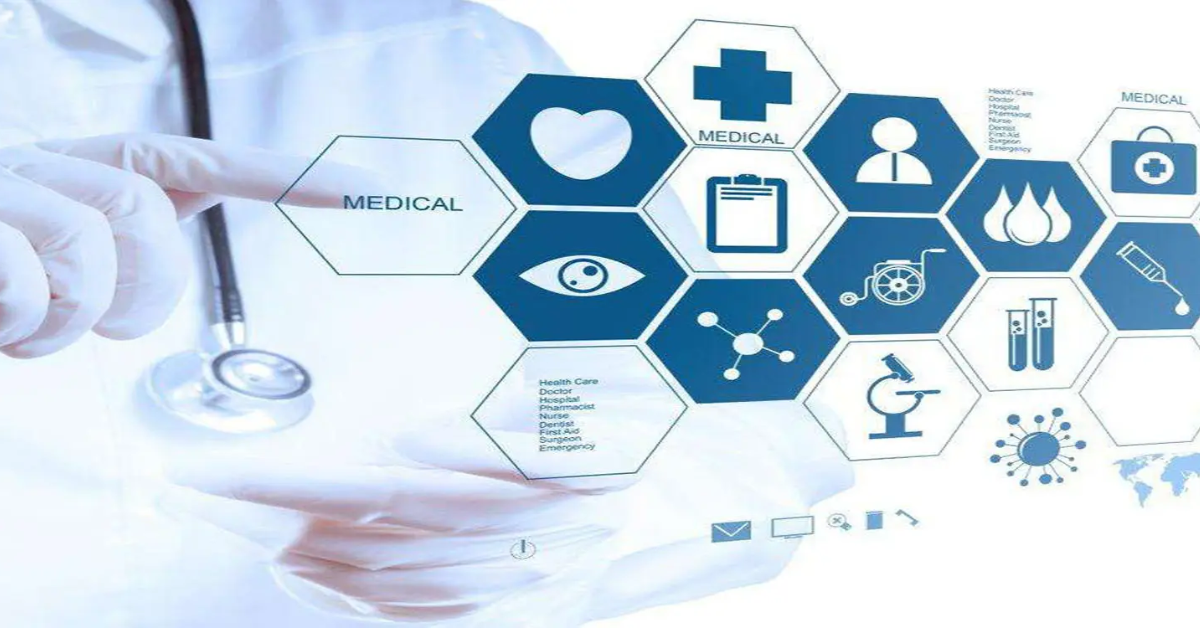Healthcare is a complex and ever-evolving field that involves a lot of data. From patient records to medical imaging to research studies, there is a vast amount of information that needs to be managed, analyzed, and interpreted to make informed decisions. The use of big data analytics has become increasingly important in healthcare, as it provides a way to extract valuable insights from large and diverse datasets.
Here we will walk through the use of big data analytics in healthcare, its benefits and its challenges.
What is Big Data Analytics?
Big data analytics is the process of examining large and complex datasets to uncover hidden patterns, correlations, and insights. It involves the use of advanced analytical tools and algorithms to process vast amounts of data, often in real-time or near-real-time. Big data analytics is used across various industries, from finance to marketing to healthcare, to gain a competitive advantage and improve decision-making.
The Benefits of Big Data Analytics in Healthcare
The use of big data analytics in healthcare has the potential to revolutionize the industry by improving patient outcomes, reducing costs, and enabling personalized medicine. Here are some of the key benefits of big data analytics in healthcare:
Improved Patient Outcomes:
By analyzing large datasets of patient records, medical imaging, and other health-related data, healthcare providers can identify patterns and correlations that can help improve patient outcomes. For example, big data analytics can help identify patients who are at risk of developing chronic conditions, such as diabetes or heart disease, and develop personalized treatment plans to prevent or manage these conditions.
Reduced Costs:
By analyzing data on healthcare costs, utilization, and outcomes, healthcare providers can identify areas of inefficiency and waste and develop strategies to reduce costs. For example, big data analytics can help identify patients who are at risk of readmission and develop interventions to prevent readmissions, which can result in significant cost savings.
Personalized Medicine:
Big data analytics can enable personalized medicine by analyzing patient data to develop targeted treatment plans based on individual characteristics such as genetics, lifestyle, and medical history. This can lead to better outcomes, fewer side effects, and reduced healthcare costs.
Improved Research:
Big data analytics can help accelerate research by enabling researchers to analyze large and diverse datasets to identify patterns and correlations that can inform research studies. For example, big data analytics can be used to analyze genomic data to identify genetic variations that are associated with specific diseases, which can inform the development of new treatments.
Challenges of Big Data Analytics in Healthcare
While big data analytics has the potential to transform healthcare, there are also significant challenges that need to be addressed. Here are some of the key challenges of big data analytics in healthcare:
Data Privacy and Security:
Healthcare data is highly sensitive, and patient privacy and security must be protected at all times. This can be a significant challenge, particularly as healthcare data is often stored across multiple systems and locations.
Data Quality:
The quality of healthcare data can vary significantly, which can impact the accuracy and reliability of big data analytics. Data must be standardized, cleaned, and validated to ensure that it is fit for analysis.
Integration of Data:
Healthcare data is often stored in silos, which can make it challenging to integrate and analyze data across different systems and locations. This can be a significant challenge, particularly as healthcare systems often use different data formats and standards.
Technical Expertise:
Big data analytics requires specialized technical expertise, including data science, statistics, and machine learning. Healthcare organizations may need to invest in training or hiring data scientists and other technical experts to support big data analytics initiatives.
The Conclusion:
The use of big data analytics in healthcare has the potential to transform the industry by improving patient outcomes, reducing costs, and enabling personalized medicine. However, there are significant challenges that need to be addressed, including data security and privacy concerns, data quality and standardization issues, and the need for skilled professionals to manage and analyze the data.

